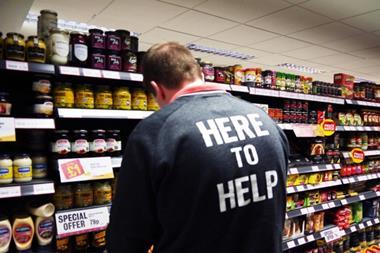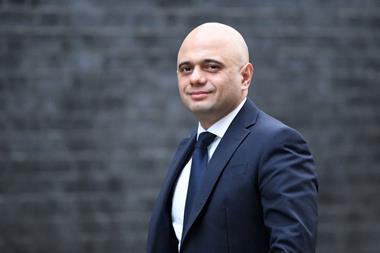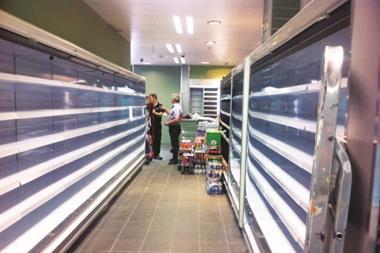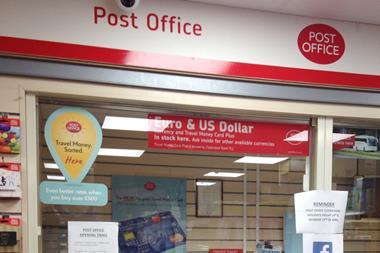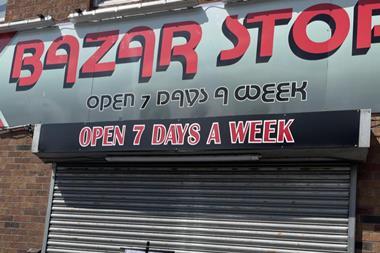Most c-store owners have cut hours since latest NLW rise, poll reveals

Nearly three in four (72%) independent c-store retailers have reduced the number of paid working hours in their business since the latest National Living Wage increase in April, according to the Association of Convenience Stores’ annual NLW survey.
ALREADY HAVE A REGISTERED USER ACCOUNT? PLEASE LOG IN HERE
To read the full story join the ConvenienceStore.co.uk community today!
Registration is quick and easy and provides access to:
- Unlimited ConvenienceStore.co.uk articles
- Our great range of newsletters
- Content you’ve saved for later via the ‘my library’ feature
And much more…




















